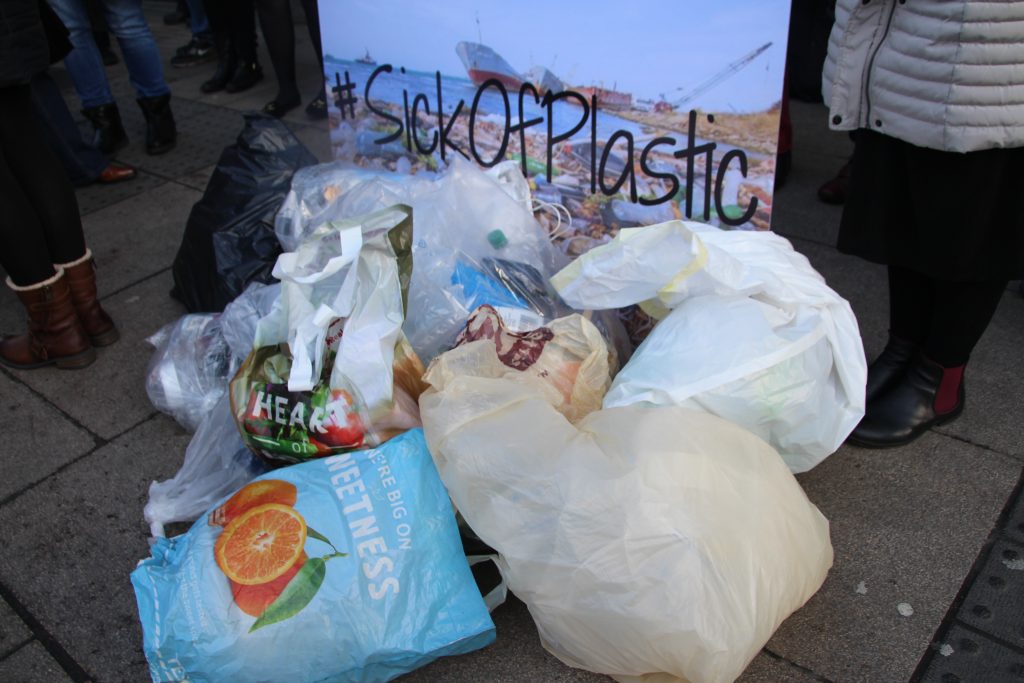Less than half of litter fines paid between 2012-2017

May 17th, 2019
Less than half of litter fines issued by local authorities between 2012 and 2017 were paid, a new report into Ireland’s waste has found.
The report from the environmental charity VOICE Ireland follows a 10-month investigation into how local authorities are managing and Ireland’s public waste and tackling litter.
The report is based on data received by VOICE through numerous Access to Information on the Environment (AIE) requests to 31 local authorities.
A total of 20 local authorities returned fully completed answers and nine returned partially completed answers. Two local authorities did not submit answers.
During the period 2012 to 2017 almost 50,000 litter fines were issued by Councils across the country, with an average of almost 8,300 fines issued each year.
Offences relating to general littering pollution such as fly-tipping, depositing household waste in public bins or generally causing litter in a public place made up two-thirds of all offences during the five-year period examined in the report.
Almost 20 per cent of fines were issued by Dublin City Council, with Longford issuing the highest amount of fines on a per capita basis.
The payment of fines generated just over €3 million in revenue for local authorities, the report states, however, the figure should have been much higher.
On average, the report notes, the compliance rate for payment of litter fines was just 43 per cent, equating to 21,310 fines being paid across the country.
Kerry has the highest rate of unpaid fines – fines that are simply unpaid and also those cancelled or disregarded by Councils on appeal – at 68 per cent.
Lost revenue from fines is estimated to be around €1 million over the five-year period for all local authority.

Clean-up costs
It is costing local authorities on average more than €1,600 per tonne of waste collected and disposed through the public waste system, the new report reveals.
The report notes, however, that most of the data received from local authorities does not separate out costs associated with public bin collection, street sweepings and fly-tipping activities.
VOICE said that it wants to see local authorities to provide more thorough data to ensure that waste is managed sustainably and cost effectively.
Mindy O’Brien, the Coordinator of VOICE, stated: “This 10-month study has illustrated that we need a wholescale debate on the real cost, both financial and environmental, of litter, street cleaning and street bin management and find better methods of deterring our litter louts.
“Enforcement is not working the way it should as many litter fines are ignored and the ones that are pursued in court are done at a loss to the local authority,” she added.
Ms O’Brien said that there are a lot of holes in the data that VOICE received from local authorities on the type of waste collected and how it is managed through the public waste infrastructure.
Without this information, she added, we will not be able to tackle public waste in the most cost-effective way.
Additionally, VOICE is calling on DCCAE to conduct a waste characterisation study of our public waste to understand what is in our street bins and what type of waste makes up litter strewn on our streets, beaches and country-side.
VOICE says that this “valuable information” will be “instrumental” during the transposition of the EU Single-Use Plastic Directive that will see the cost of litter clean up and bin collections of plastic put onto the producers of such products.
[x_author title=”About the Author”]






